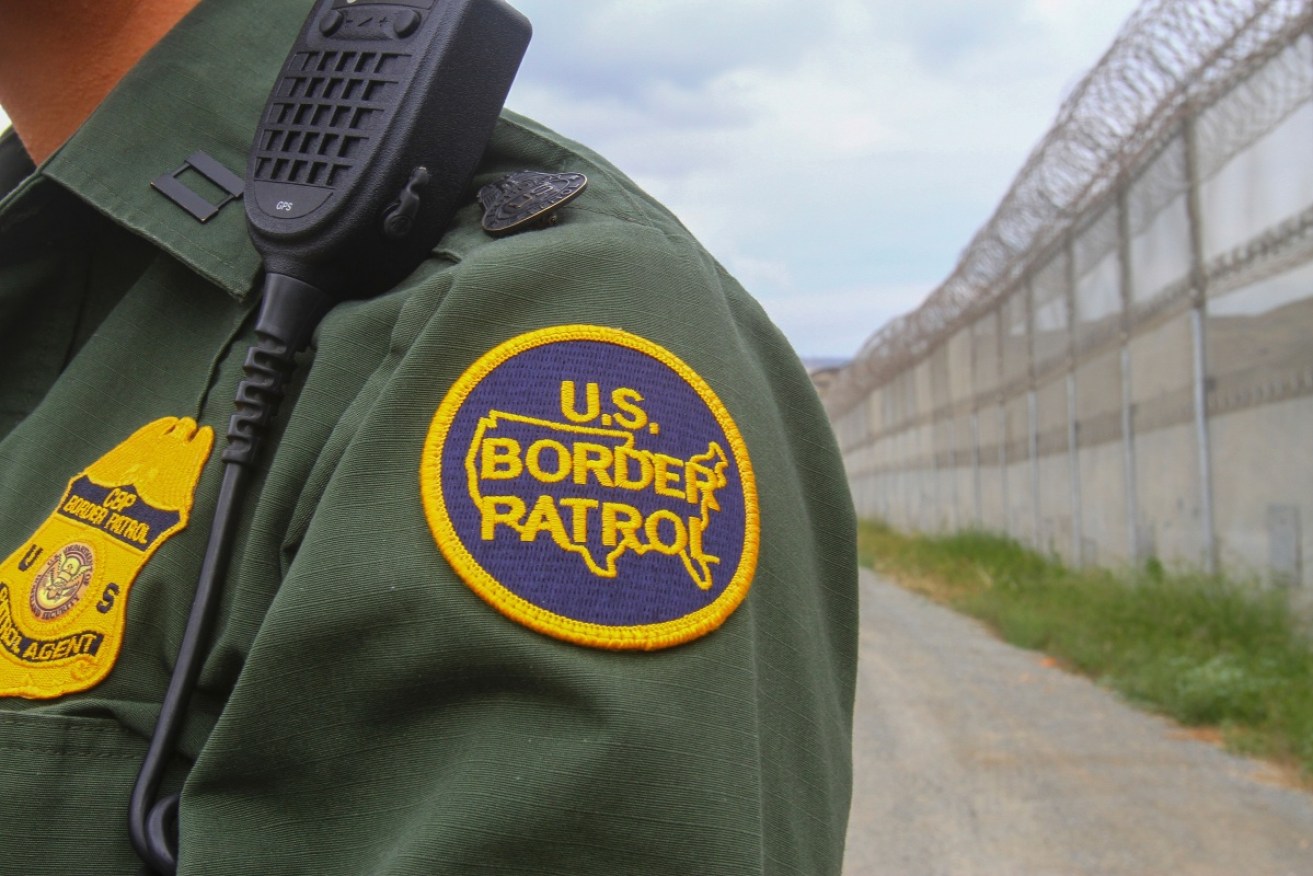US authorities plan for mass deportations of illegal immigrants

The issue of immigration and so called 'Dreamers' has been before the courts again. Photo: Getty
Millions of people living in the US illegally could be targeted for deportation — including people simply arrested for traffic violations —under a sweeping rewrite of immigration policies.
Any immigrant who is in the country illegally and is charged or convicted of any offence, or even suspected of a crime, will now be an enforcement priority, according to Homeland Security Department memos signed by Secretary John Kelly.
That could include people arrested for shoplifting or minor offences, or simply having crossed the border illegally.
President Donald Trump had pledged to crack down on illegal immigration during his election campaign and issued a series of executive actions in January.
The memos released on Tuesday (US time) outline how officials will implement Mr Trump’s orders.
An estimated 11 million immigrants, primarily from Mexico and other Latin American countries, are residing illegally in the US, according to the Pew Research Center.
Two department memos offering guidelines on deportation stress that “with extremely limited exceptions, DHS will not exempt classes or categories of removal aliens from potential enforcement”.

People carry posters during a rally in New York against President Donald Trump’s executive order banning travel from seven Muslim-majority nations. Photo: AAP.
The government would move to hire 10,000 new immigration officers and 5000 border patrol agents, Mr Kelly said.
The move marks a shift from immigration policy under president Barack Obama, who had increased efforts to deport illegal immigrants but focused on those who had committed a crime.
Immigration advocates warned the move would set the stage for “mass deportation”.
“Everyone now is a priority,” said Marielena Hincapie, executive director of the National Immigration Law Center.
White House spokesman Sean Spicer stressed the goal was not mass deportation.
“The message from this White House and from the DHS is that those people who are in this country and pose a threat to our public, or have committed a crime, will be the first to go, and we will be aggressively making sure that that occurs. That is what the priority is,” he said.
The memos also allow border patrol officers to return people apprehended at the US-Mexico border to Mexico, even if they are from a third country, a further potential point of conflict with Mexico, which has seen large numbers of Central Americans travel across its southern border on their way to the US.
The documents are the latest efforts by Mr Trump to follow through on campaign promises to strictly enforce immigration laws.
He has also promised to build a wall at the Mexican border and Kelly’s memos reiterate calls for Homeland Security to start planning for the costs and construction.
Trump’s earlier immigration orders, which banned all refugees as well as foreigners from seven Muslim-majority countries, have faced widespread criticism and has been temporarily blocked by the courts.
Child migrants may be spared
However, Mr Trump has hinted that he will leave protections in place for immigrants known as “dreamers” who entered the US illegally as children.
The Department of Homeland Security guidance to immigration agents, released on Tuesday, is part of a broader border security and immigration enforcement plan in executive orders that Mr Trump signed on January 25.
The Deferred Action program (DACA) implemented by the Obama administration in 2012 protected 750,000 immigrants who had been brought into the US illegally by their parents.
Despite promising during his election campaign he would eliminate DACA, Mr Trump last week acknowledged at a news conference the issue was one of the “most difficult” he was facing, adding he would deal with it “with heart”.
The program has permitted young undocumented migrants to fend off deportation, obtain work permits and driver’s licences, although in exchange for those benefits it has required them to re-register every two years.








